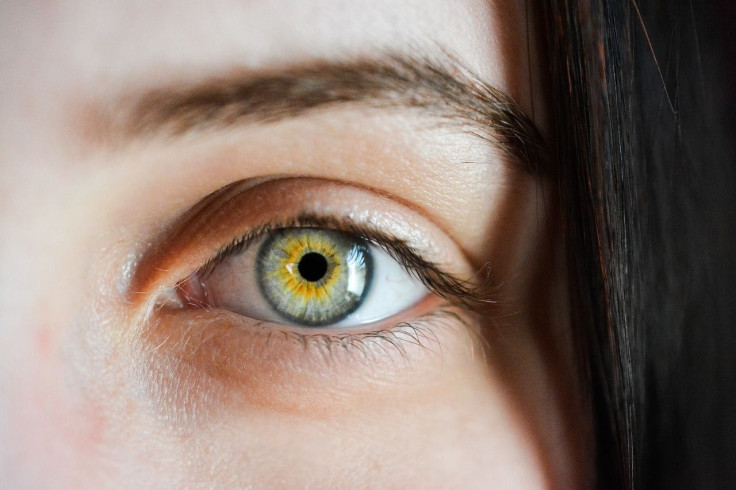Bacteria In Recalled Eye Drops Developed Resistance To Nearly All Treatments: Report

The eye drops that made headlines earlier this year after getting recalled over safety and health concerns are once again making buzz online. Authorities found that the bacteria in the artificial tears have developed resistance to nearly all treatments available.
Infectious disease experts are worried after discovering that the bacterium Pseudomonas aeruginosa in the eye drops has evolved in so many ways that it is now resistant to almost all available treatments, NBC News reported Sunday.
The multi-drug resistance of the bacteria could mean a big challenge for physicians and healthcare providers treating patients who had used the recalled EzriCare Artificial Tears.
The U.S. Centers for Disease Control and Prevention (CDC) has identified the specific bacterium causing the new infections linked to the product as carbapenem-resistant Pseudomonas aeruginosa with Verona integron-mediated metallo-β-lactamase and Guiana extended-spectrum-β-lactamase.
Its long name denotes the genes in the microorganism that have transformed and made it more resistant to multiple drugs over time. CDC told the news outlet that only one known antibiotic is capable of treating the infection at this point, and it's cefiderocol.
What makes this even more alarming is the connection between the eyes and the nasal cavity. Though the eye drops could initially cause an eye infection, this could move into the respiratory tract and cause pneumonia or other body parts.
"Pseudomonas aeruginosa can affect pretty much any tissue in the body as travels through the blood, and it can cause sepsis," Dr. Guillermo Amescua, a cornea specialist at the Bascom Palmer Eye Institute of the University of Miami Miller School of Medicine, told NBC News.
In February, Global Pharma Healthcare issued a recall for its artificial tears distributed via EzriCare and Delsam Pharma after being alerted of possible contamination with P. aeruginosa. At the time, the EzriCare product was linked to three cases of patients going blind and one fatality due to a bloodstream infection.
Based on the latest data, at least three people have died, while four patients have had at least one eye removed due to the product. Eight others needed corneal transplants as a result of the eye infections.
Although EzriCare was the brand most commonly reported among consumers who developed an infection, Delsam Pharma's Artificial Tears and Artificial Eye Ointment were also pulled from wholesalers and retailers since all three were imported from the same source in India.
Last month, one of the patients, 68-year-old Carla Oliva, spoke up after losing one of her eyes due to the controversial eye drops. According to her, she used the product for two months after getting a prescription from a medical center in Hialeah, Florida, last May.
She woke up on Aug. 1 with a very comfortable feeling as her right eye started to burn, itch, tear and turn red. After a second doctor visit, she learned that she had a large ulcer in her eye associated with P. aeruginosa.
"Everything has changed. I feel useless," she said after getting a plastic implant last December for her eye that was surgically removed three months prior. She admitted having trouble driving, working and even doing simple daily tasks. Oliva has since filed a lawsuit against EzriCare and Global Pharma.
On Monday, the Food and Drug Administration (FDA) said in a preliminary report that it found about a dozen problems with the manufacturing process and sterility measures while inspecting the Global Pharma Healthcare facility in India.




























